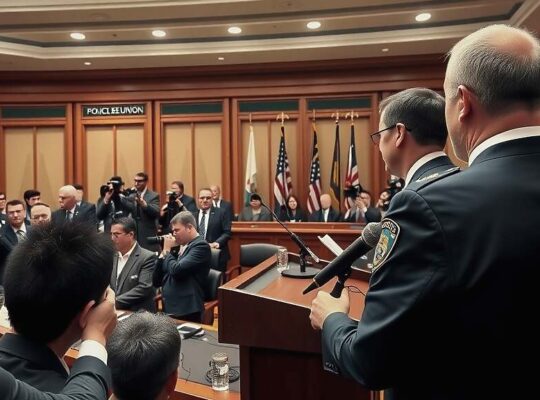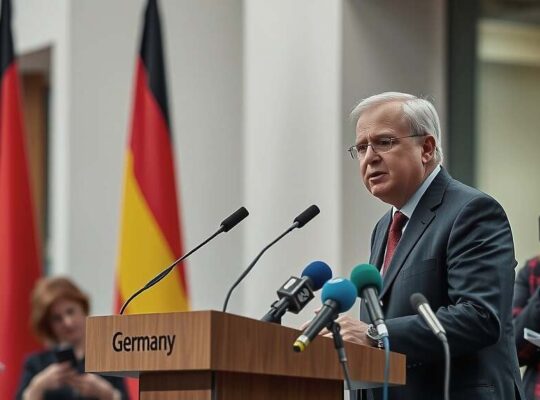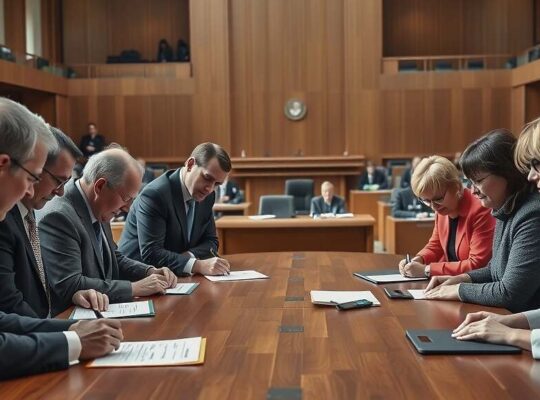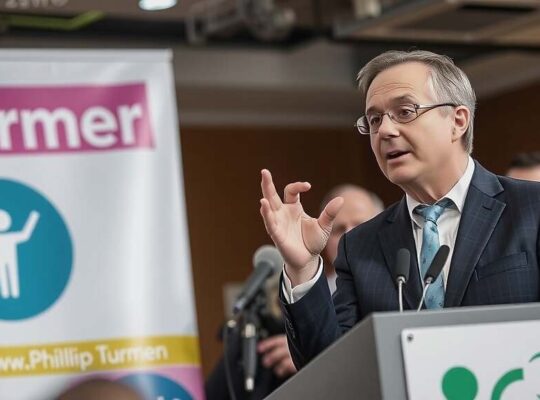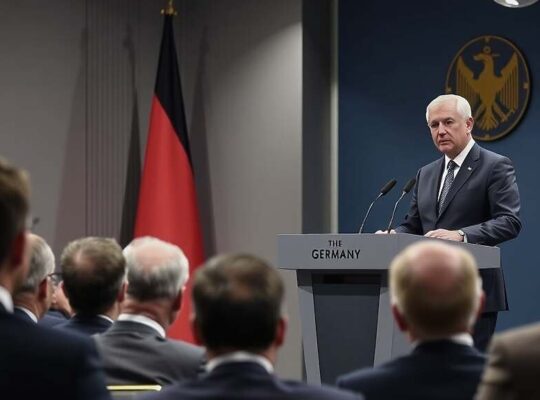The Minister-President of Mecklenburg-Vorpommern, Manuela Schwesig of the SPD, has signaled a willingness to engage in discussions with the CDU and CSU regarding the contentious pension reform package, while simultaneously emphasizing the importance of upholding the agreed-upon framework. In remarks to “Welt” television, Schwesig stated that while dialogue is always valuable, the SPD remains firmly committed to the core tenets of the deal.
Schwesig’s comments highlight a growing rift within Germany’s ruling coalition, with the conservative wing of the CDU and CSU appearing to backtrack on commitments made during the coalition negotiations. She stressed that the pension reforms are fundamentally a matter of social justice, arguing that individuals who have contributed to the system throughout their working lives deserve a stable and reliable pension.
While asserting her openness to addressing concerns and clarifying misunderstandings, Schwesig firmly dismissed accusations that pension payments are excessive. She pointed out that pensioners in her state currently receive an average of €1,300 per month, a sum she deemed inadequate to cover rising housing and food costs – particularly when contrasted with the demands of a dignified retirement. She challenged the Union parties to specify precisely who they believe is receiving undue benefits.
Furthermore, Schwesig rebuked the conservative arguments surrounding intergenerational fairness, characterizing proposals to allow pension stability to lapse beyond 2031 as inherently unjust to the working generation. She underscored that the pension package was a critical factor in the SPD’s decision to enter into a coalition with the Union, signifying its strategic importance to the party’s agenda and the newly elected Chancellor’s mandate.
Schwesig insisted that the package adequately addresses the concerns of younger generations and incorporates Union-backed initiatives, including the “Aktivrente” model – allowing individuals who wish to work longer to benefit from tax relief. She also acknowledged the Chancellor’s proposal to support young families in supplementing their pension provisions.
The ongoing debate underscores the delicate balance within the ruling coalition and raises questions about the durability of the agreed-upon pension reforms and whether the Chancellor can effectively manage dissent within his own party to ensure their implementation. The SPD’s insistence on upholding the deal represents a subtle power play, signaling their prioritization of social welfare and potentially setting the stage for further coalition tensions.



